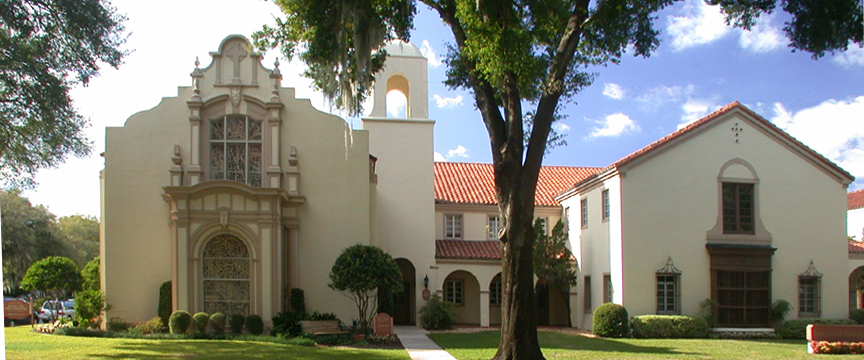Author: FUMCWP Admin
Shepherds | Advent Devotion from Pastor Philip
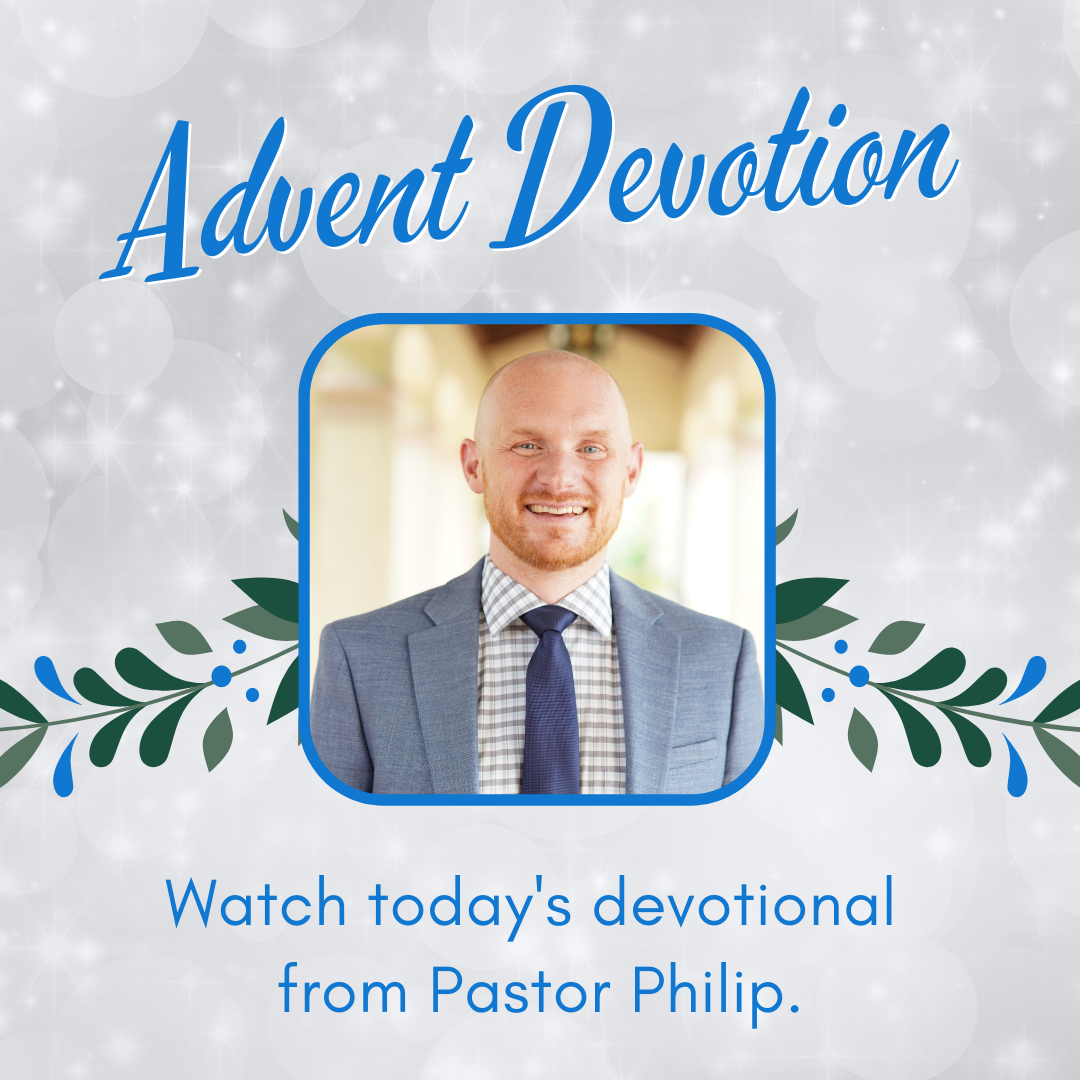
Sanctuary Renovation Update from Pastor David & Claud Smith
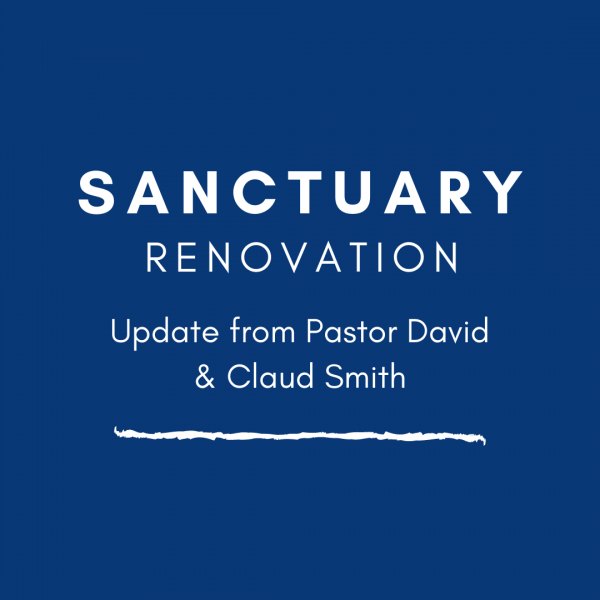
December 2021 Church Update

Inn Keeper | Advent Devotion from Pastor Rachel
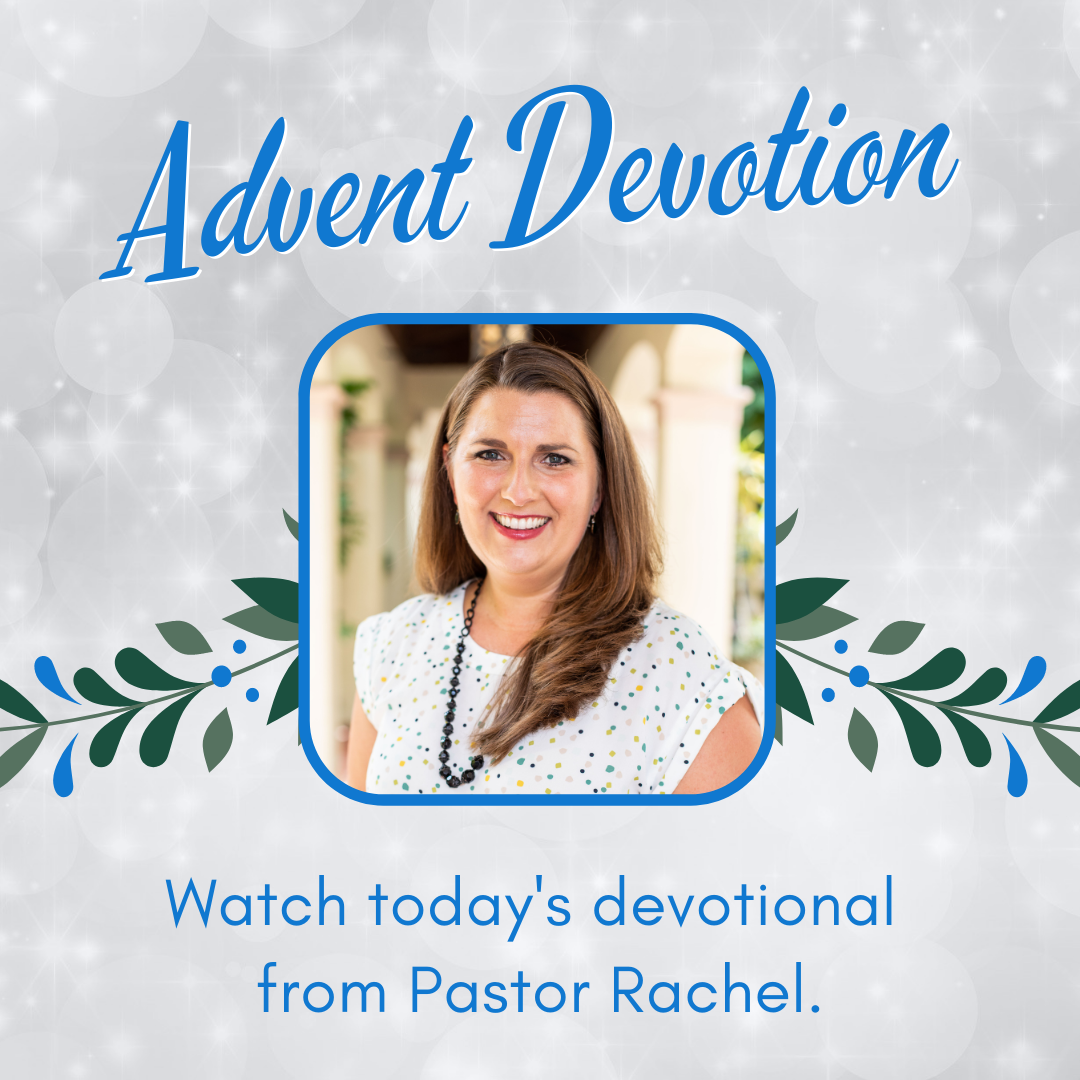
Joseph | Advent Devotion from Pastor Philip
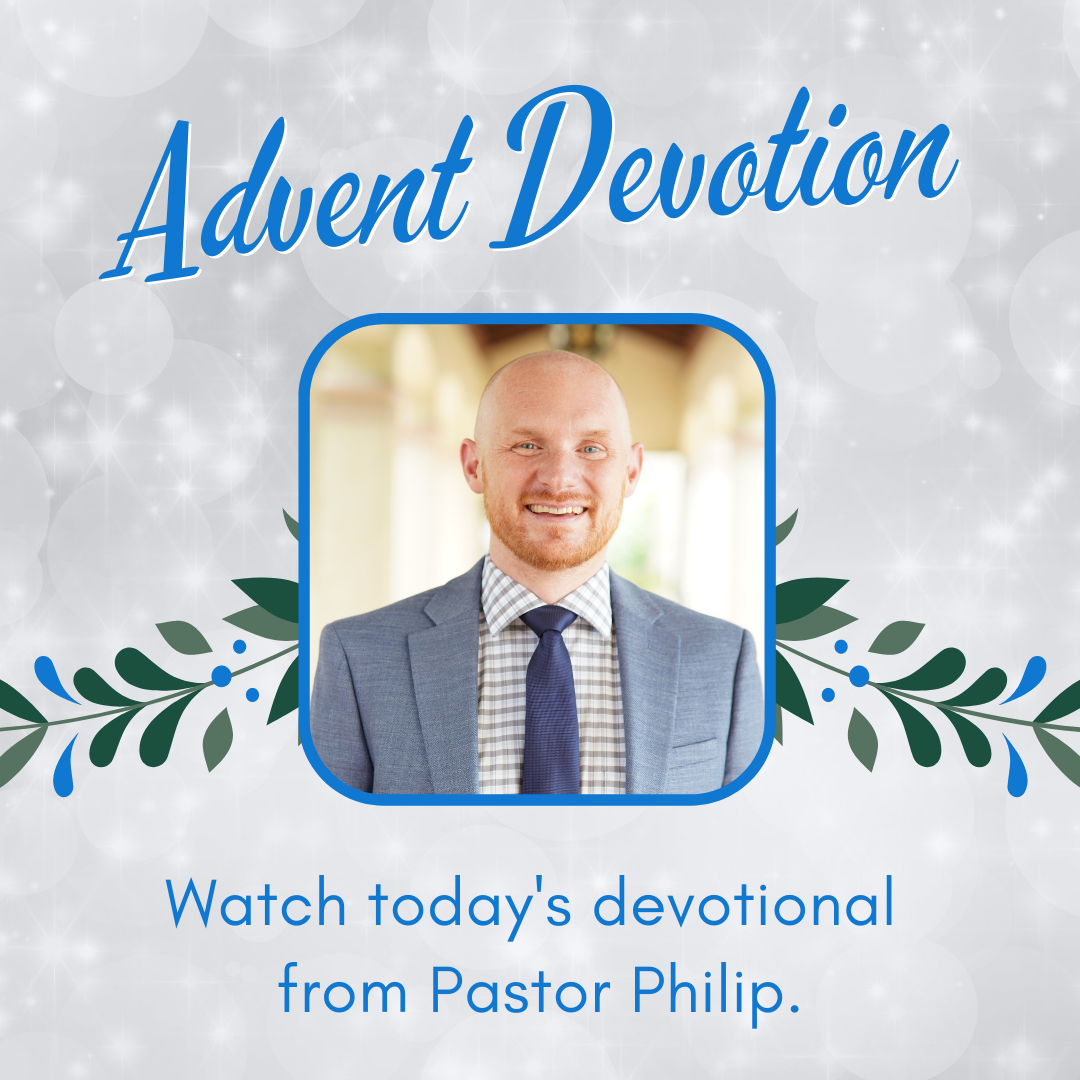
Sunday Morning Schedule Decision | Update from Pastor David & Ben Howell
4 Pillars Counseling & Enrichment Center is OPEN!
4 Pillars Counseling and Enrichment Center had a ribbon cutting on December 2, 2021. We are so excited to introduce Jessica, Chanay, and Tom as our counselors. In 2022, we will have enrichment workshops, support groups, and other growth activities for our church family and community. We are so thankful for the support of the Trustees, Marcy Trust, our board, and the whole church community for bringing this vision into reality. If you would like more information on services or how you can be involved in this mission, contact Kalli Turner kallit@fumcwp.org.
Mary | Advent Devotion from Pastor Rachel
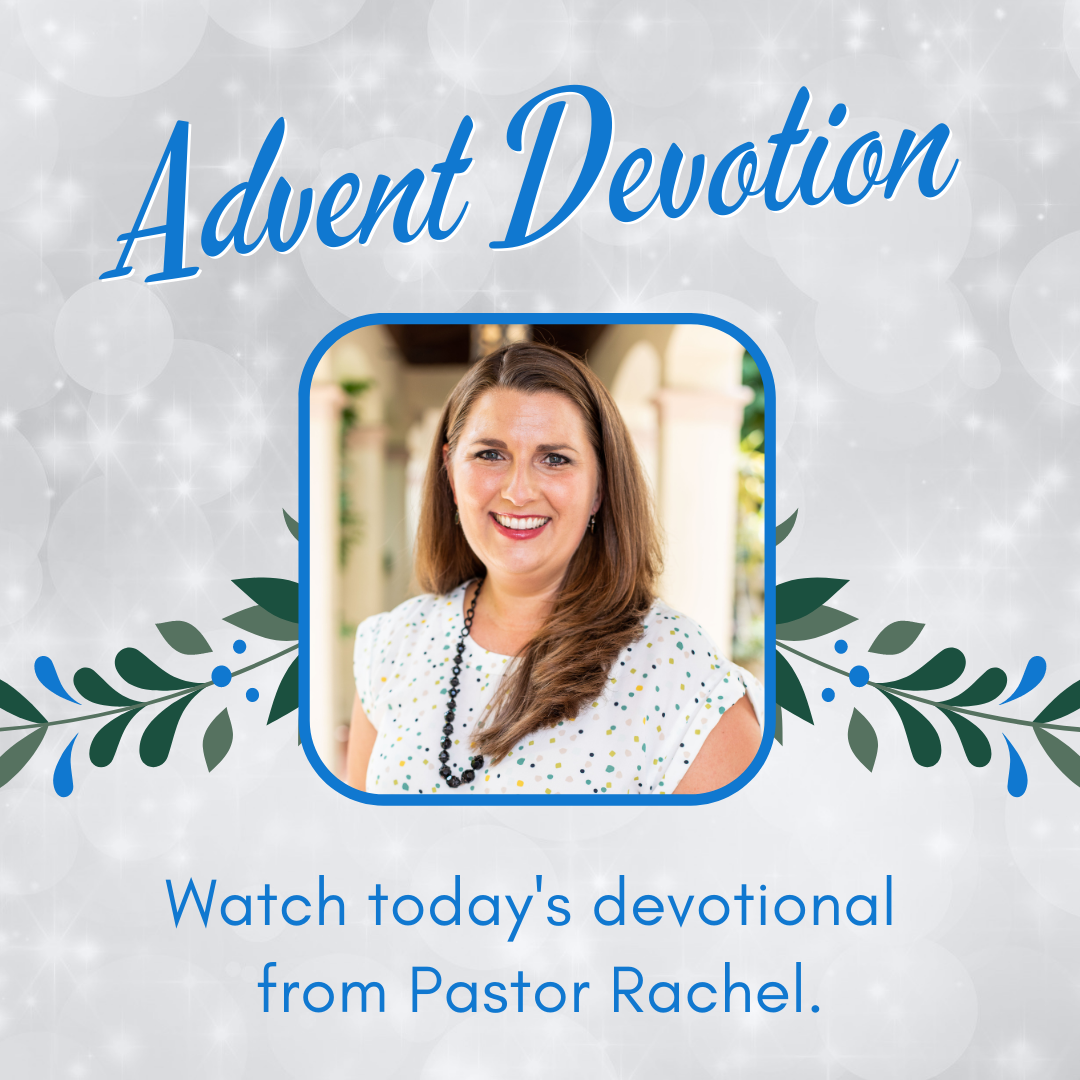
Zechariah | Advent Devotion from Pastor Philip
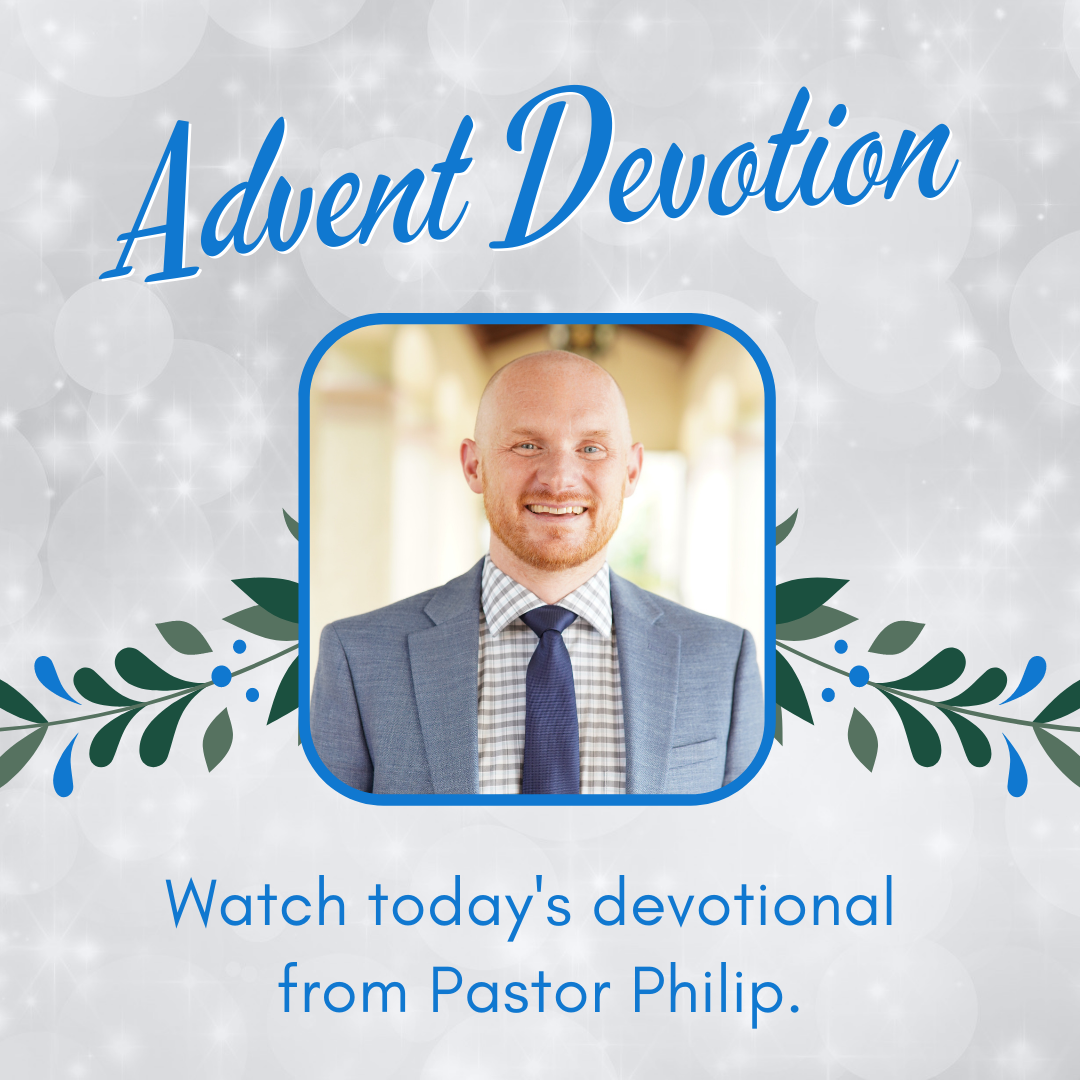
4 Pillars Counseling & Enrichment Center is officially open!

After two and a half years of planning and hard work, the 4 Pillars Counseling and Enrichment Center is officially open! Today, we held a ribbon-cutting ceremony to celebrate the work that has been done and look forward to this center’s exciting future.
Our three counselors, Jessica Popov, Chanay Smith, and Tom Cabello, are ready to help! Also, plans are being made for our first Enrichment Workshops and Support Groups. Stay tuned for more information, and contact Kalli Turner, Program Coordinator, to learn more about how we can serve you! kallit@fumcwp.org.









